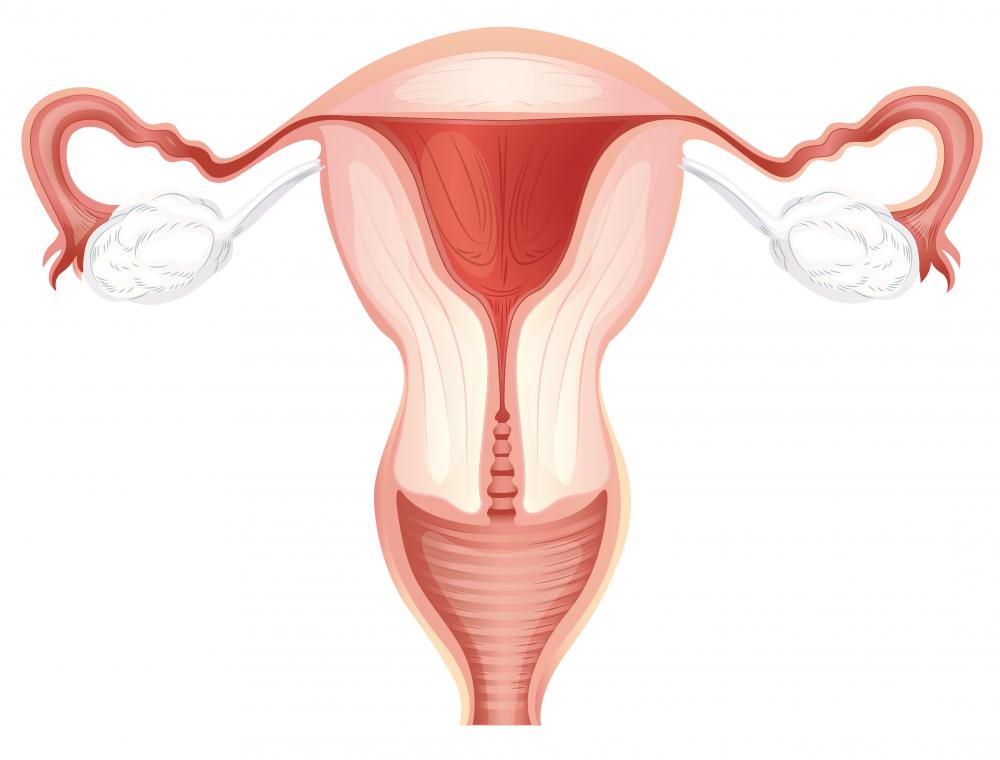At WiseGEEK, we're committed to delivering accurate, trustworthy information. Our expert-authored content is rigorously fact-checked and sourced from credible authorities. Discover how we uphold the highest standards in providing you with reliable knowledge.
What Factors Affect the Prognosis of Uterine Cancer?
Two types of uterine cancer exist. The first, also called endometrial cancer, is a cancer of the lining of the uterine wall; this type of uterine cancer is, by far, the more common of the two. The second type, uterine sarcoma, involves cancerous cells in the musculature surrounding a woman’s uterus. The prognosis for uterine cancer varies based on three factors: the tumor’s grade, the cancer’s stage and the response of the cancer to progesterone.
When a doctor suspects a patient may have uterine cancer, the doctor will perform a uterine biopsy, which involves removing a section of the uterus and sending it to a lab. Technicians then examine this tissue. If a malignant, or cancerous, tumor is present, the technician will grade the tumor as a 1, 2 or 3 based on the size and texture of the mass. A prognosis of uterine cancer depends in part on the grade of the tumor.

Staging — a step in determining a prognosis of uterine cancer that determines how progressed a cancer is — also plays a part in the prognosis of uterine cancer. Uterine cancer is slow-growing in most people, which bodes well for people with the disease. Stage 1 uterine cancer means the cancer is present only along the wall of the uterus. Stages 1A and 1B indicate the depth of the cancer. According to the American Cancer Society, the five-year survival rate for uterine cancer patients in this stage is 96 percent.

Stage 2 means the uterine cancer is in the cervix, which is the closest body part to the uterus. In Stage 3, the cancer is regionally spread to other parts of the reproductive system, such as the ovaries or Fallopian tubes, or the lymph nodes in that part of the body. The final stage of uterine cancer indicates the cancer’s spread reaches outside the pelvic region or that, within the region, the cancer is in the bladder. As the staging progresses, the survival rate for uterine cancer patients decreases.

A tumor’s response to progesterone also affects the prognosis of uterine cancer. Using progesterone therapy is a way to decrease the growth of late-stage uterine cancer. Patients who use this therapy receive injections or oral prescriptions for progesterone, which will help offset the effects of too much estrogen. Progesterone therapy does not cure uterine cancer; rather it works to prolong a patient’s life with as much quality of life as possible.
AS FEATURED ON:
AS FEATURED ON:















Discuss this Article
Post your comments